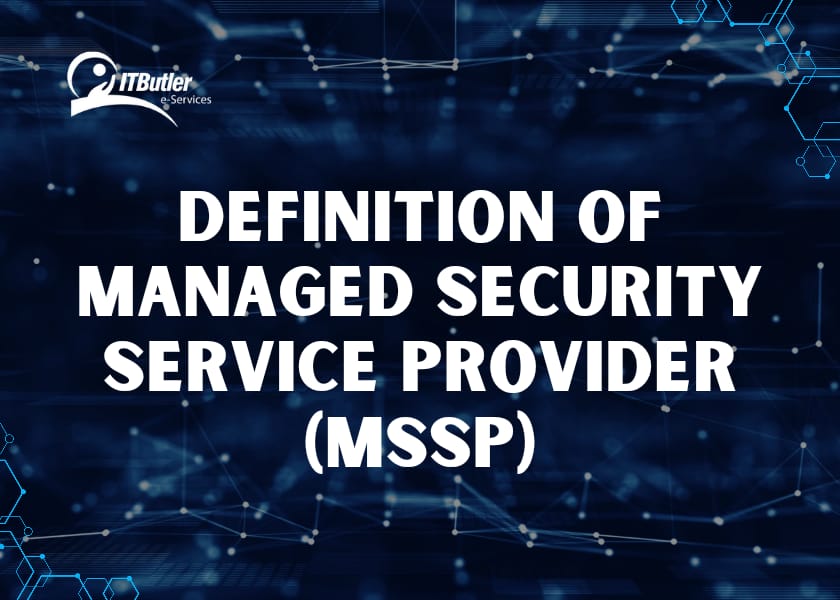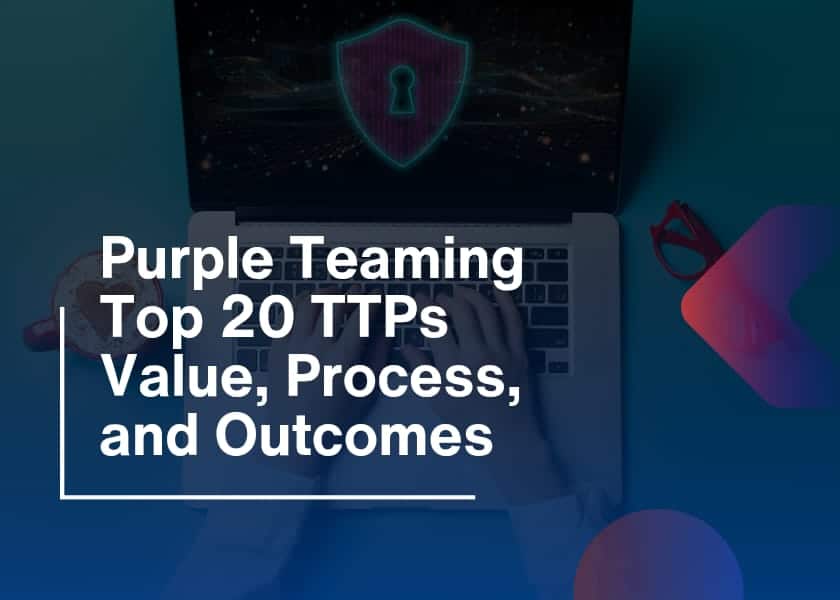In today’s digital age, cybersecurity is a critical concern for businesses of all sizes. As cyber threats become increasingly sophisticated, organizations require robust security measures to protect their data and networks. One solution that has gained significant traction is the Managed Security Service Provider (MSSP). This blog explores the definition of an MSSP, its services, and its importance in modern cybersecurity.
What is MSSP (Managed Security Service Provider)?
A Managed Security Service Provider (MSSP) is an organization that delivers a range of security services to businesses and government entities. MSSPs offer comprehensive security solutions to safeguard their clients’ digital assets, including threat monitoring, detection, and response. These providers employ advanced technologies and expert personnel to manage and enhance their clients’ security posture.
Key Characteristics of MSSPs
- Proactive Threat Management: MSSPs continuously monitor networks for potential threats and vulnerabilities, ensuring proactive protection.
- Scalability: MSSPs can scale their services to meet the needs of businesses of all sizes, from small enterprises to large corporations.
- Expertise: MSSPs employ skilled cybersecurity professionals who stay updated with the latest threats and security technologies.
- Cost-Effectiveness: By outsourcing security functions to an MSSP, organizations can reduce the costs associated with maintaining an in-house security team.
Services Provided by MSSPs
MSSPs offer a wide array of services designed to enhance an organization’s cybersecurity. These services are tailored to meet the unique needs of each client and ensure comprehensive protection.
Network Security
Network security is a fundamental service provided by MSSPs. It involves protecting an organization’s network infrastructure from unauthorized access, attacks, and other threats.
- Firewall Management: MSSPs configure and manage firewalls to prevent unauthorized access and filter malicious traffic.
- Intrusion Detection and Prevention Systems (IDPS): These systems monitor network traffic for suspicious activity and block potential threats.
- Virtual Private Network (VPN) Management: MSSPs manage VPNs to ensure secure remote access for employees.
Data Security
Data security services focus on protecting sensitive information from breaches and ensuring data integrity and confidentiality.
- Encryption: MSSPs implement encryption technologies to protect data at rest and in transit.
- Data Loss Prevention (DLP): DLP solutions help prevent data breaches by monitoring and controlling the transfer of sensitive data.
- Secure Backup and Recovery: MSSPs provide secure data backup and recovery services to ensure business continuity in the event of a data loss incident.
Threat Intelligence
Threat intelligence involves collecting and analyzing data on potential threats to identify and mitigate risks proactively.
- Threat Monitoring: MSSPs continuously monitor for threats using advanced tools and technologies.
- Threat Analysis: Expert analysts assess potential threats and determine their severity and impact.
- Threat Intelligence Feeds: MSSPs provide real-time updates on emerging threats to help organizations stay ahead of cybercriminals.
Security Information and Event Management (SIEM)
SIEM systems collect and analyze security-related data from various sources to provide a comprehensive view of an organization’s security posture.
- Log Management: MSSPs manage and analyze logs from various systems and applications to identify potential security incidents.
- Event Correlation: SIEM systems correlate events from multiple sources to detect complex attacks and anomalies.
- Incident Response: MSSPs provide rapid incident response services to mitigate the impact of security breaches.
Managed Detection and Response (MDR)
Managed Detection and Response MDR services combine advanced detection technologies with human expertise to identify and respond to threats in real time.
- 24/7 Monitoring: MSSPs provide around-the-clock monitoring to ensure continuous protection.
- Threat Hunting: Skilled analysts actively search for threats within an organization’s network.
- Incident Mitigation: MSSPs take immediate action to contain and eliminate threats.
Benefits of Partnering with an MSSP
Partnering with an MSSP offers numerous benefits that can significantly enhance an organization’s security posture.
- Enhanced Security Posture
MSSPs provide comprehensive security solutions that address a wide range of threats, ensuring a robust security posture.
- Access to Expertise
MSSPs employ skilled cybersecurity professionals who possess deep knowledge of the latest threats and security technologies.
- Cost Savings
Outsourcing security functions to an MSSP can be more cost-effective than maintaining an in-house security team, reducing overhead and operational costs.
- Focus on Core Business
Partnering with an MSSP allows organizations to focus on their core business activities while leaving security management to the experts.
- Scalability
MSSPs offer scalable solutions that can grow with an organization, ensuring continuous protection as the business expands.
How MSSPs Enhance Cybersecurity
MSSPs play a crucial role in enhancing an organization’s cybersecurity by providing specialized services and expertise.
- Proactive Threat Management
MSSPs use advanced threat intelligence and monitoring tools to detect and mitigate threats before they can cause harm.
- Comprehensive Security Solutions
MSSPs offer a wide range of security services, including network security, data security, and threat intelligence, ensuring comprehensive protection.
- Rapid Incident Response
MSSPs provide rapid incident response services to minimize the impact of security breaches and ensure swift recovery.
- Continuous Monitoring
MSSPs offer 24/7 monitoring to ensure continuous protection and immediate detection of potential threats.
Choosing the Right MSSP
Selecting the right MSSP is critical to ensuring effective security management. Here are some factors to consider when choosing an MSSP:
- Reputation and Experience
Choose an MSSP with a proven track record and extensive experience in the cybersecurity industry.
- Range of Services
Ensure the MSSP offers a comprehensive range of services that meet your organization’s specific security needs.
- Customization
Look for an MSSP that can tailor its services to fit your organization’s unique requirements.
- Compliance
Choose an MSSP that adheres to industry standards and regulations to ensure compliance with legal and regulatory requirements.
- Support and Response Time
Ensure the MSSP provides prompt and effective support and has a rapid response time to address security incidents.
The Future of Managed Security Service Provider MSSPs
The role of MSSPs is expected to evolve as cyber threats become more sophisticated and organizations’ security needs grow.
- Integration of AI and Machine Learning
MSSPs are increasingly integrating AI and machine learning technologies to enhance threat detection and response capabilities.
- Focus on Advanced Threat Detection
As cyber threats become more complex, MSSPs will focus on developing advanced threat detection and mitigation strategies.
- Expansion of Services
MSSPs will continue to expand their range of services to address emerging threats and meet the evolving needs of their clients.
Conclusion
A Managed Security Service Provider (MSSP) is an essential partner for organizations seeking to enhance their cybersecurity posture. By offering a wide range of services, including network security, data security, threat intelligence, and rapid incident response, MSSPs provide comprehensive protection against a variety of cyber threats. Partnering with an MSSP allows organizations to access expert knowledge, reduce costs, and focus on their core business activities. As the cybersecurity landscape continues to evolve, MSSPs will play a crucial role in safeguarding digital assets and ensuring business continuity.





